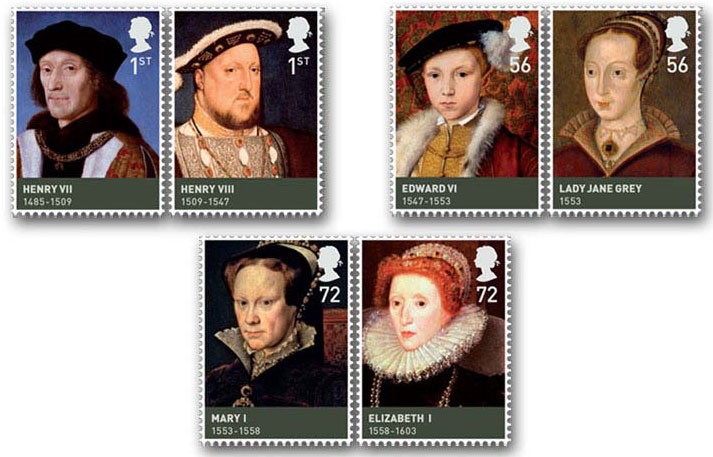Note: This is sooooo late in the game, but November was a little ridiculous (as it usually is) and it’s now time for me to play catch-up. I actually started this one a lot earlier, but left it as a draft for the longest time. Luckily, I have many more posts to make on more recent books we read, and those will be easier for people to comment on.
——–
“Earlier, we noted that in medieval times there were two distinct though overlapping ways of understanding blackness… The difference between these two is underlined in new ways in the early modern period…. Sub-Saharan Africans are increasingly associated with a lack of religion and culture, and painted as low born” pg. 81
I read the section on Titus Andronicus in Loomba’s book regarding Shakespeare and race. Even after reading it a couple of times, it was hard to figure out where exactly Loomba wanted to go with this particular example. I would say that has less to do with her writing style or her deduction, but rather it is just the natural complexity of the topic that somehow brings up more questions than answers when one delves in it.Talking about racism or racial attitude is always difficult when talking about the past. It is not entirely possible to determine how people felt and dealt with such topics, because values, social structure, and even meanings of words change throughout time.
When I found this quote, it really struck me as to why it was hard to follow. Between the medieval period and the early modern period, the concept of biasness towards those with a darker complexion became more and more discriminatory. While it is still relevant to say that the racism of the time was highly linked to the fierce religious tensions of the time (between Christians, Jews, and Muslims), this quote obviously shows that religious difference became less of a factor as Sub-Saharan Africans were being inherently associated with unfavorable traits. Although these traits are technically something you can pick up – a religion or a particular culture – I believe that at this time people would believe that if a society was “religion-less”, part of it could be blamed on who the actual people were. Blackness was no longer the effect of immorality and whatnot, but rather a possible cause of their behavior.

